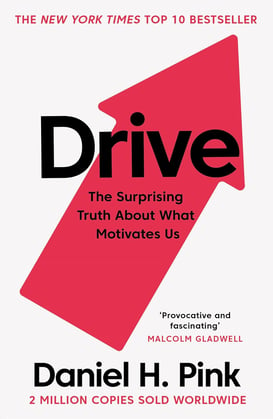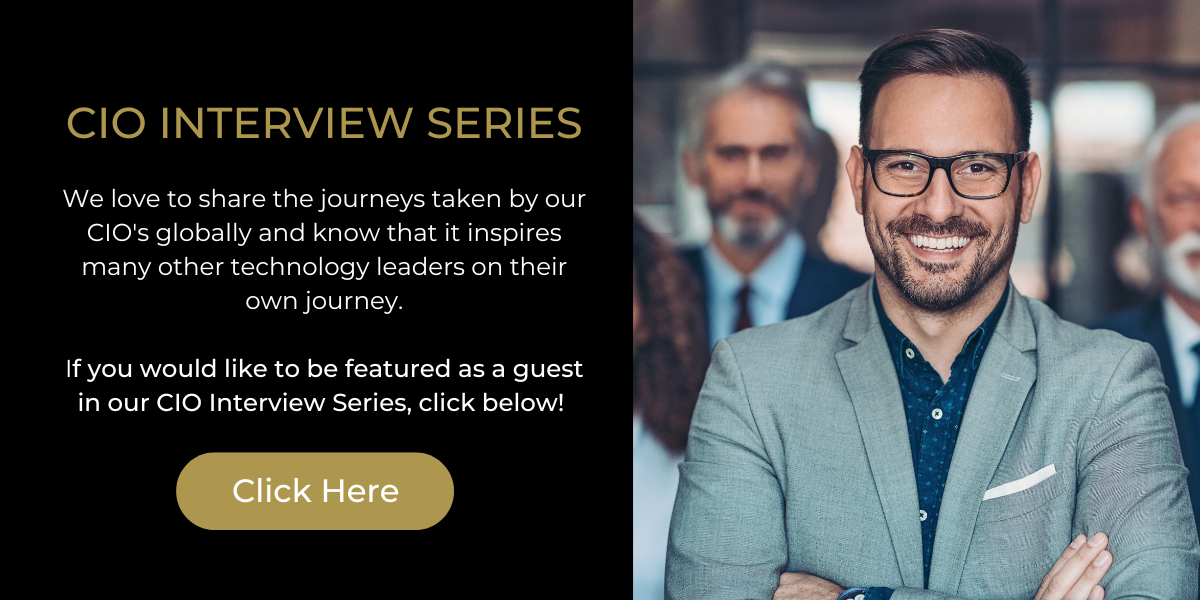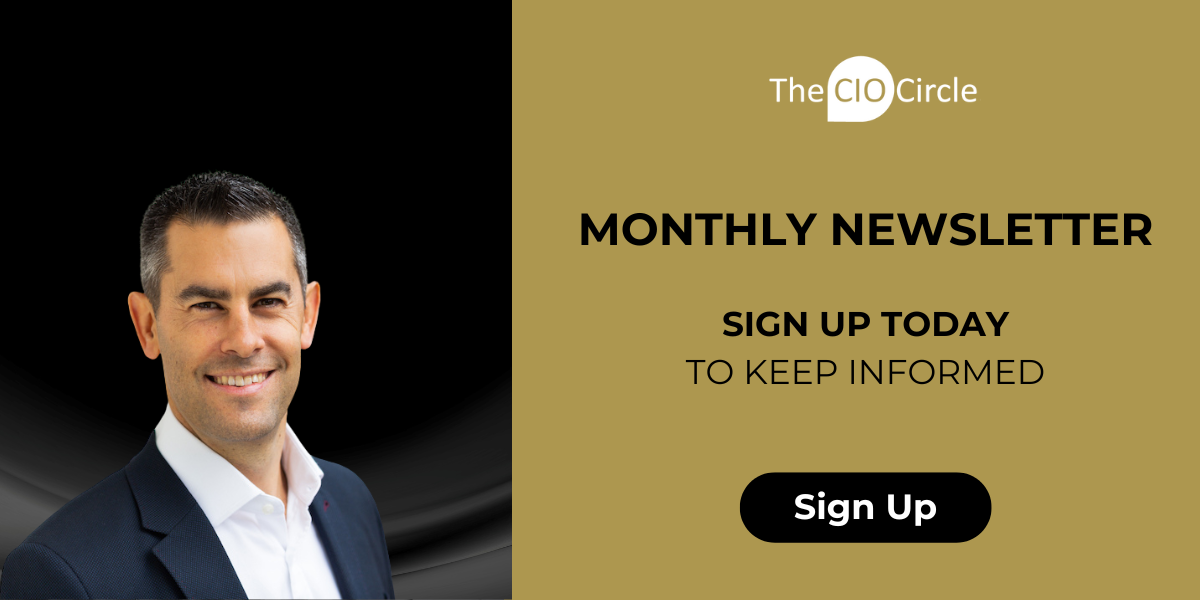Chief Medical Information Officer at Koniag Government Services
Can you please provide a little introduction about yourself
After 20 years of service in the US Air Force, I transitioned to a new position as the Chief Medical Information Officer for Koniag Government Services. It is a new role in this company as they expand the portfolio of expertise into healthcare technology integration and implementation.
The largest current effort is the modernization of the Indian Health Service Electronic Health Record. I'm currently based out of Fort Walton Beach, Florida.
What path have you taken to your current position?
My path was not as straightforward as many in the world of information technology. Despite my undergraduate degree being in engineering, I felt drawn to another career path and went to medical school and specialized in pediatrics. Although I truly adored my time with patients, I was drawn to the optimization of the experience for both patients and staff through the use of technology.
When the opportunity to get additional education through a combined master's degree and fellowship in informatics became available, I jumped at the opportunity. That decision was the catalyst for an abrupt career change from patient care to technology management and optimization.
Has it always been your vision to reach the position you’re at? Was your current role part of your vision to become a tech leader?
I've not really been driven for a particular position as much as I have focused on being in a position that allows me to utilize my skills and abilities to help the organizational goals.
For many years I viewed my eventual position as Chief of Health Information Operations for the US Air Force as the culmination of my military service and when I transitioned from the service, I wanted to find something that was as professionally and personally fulfilling.
Fortunately, I again find myself working with an organization that values the needs of its clients while providing the opportunity to use and grow my professional skills
Have you had a role model or mentor that has helped you on your journey?
Every leader should be able to look back and find the critical people who helped them along their journey. Given my somewhat unorthodox career path (although it is becoming more common), it is important to find those who have blazed the path before them.
For me, Dr. Bob Marshall is probably the most influential leader who provided a path from being a physician to being a healthcare technology leader. Of all of his guidance, the biggest impact came from his "tough love". He managed to provide feedback that forced me to be critical of my actions, knowledge, and skills and become determined to improve each one.
How do you see the role of the technology leader evolving over the next 5 years?
The easy answer is "AI". While it is true that AI will continue to create advancements at an ever-increased pace, the challenge for technology leaders over the next 5 years will be how to appropriately evaluate and integrate those advancements by creating organizations that can respond to the evolving environments faster than ever before.
The other related realm is the use of data. The desire to use data and move into prescriptive analytics will change the demand from organizations and technology leaders will need to be actively engaged in appropriate use of data. More data will also mean more protection and an evolving demand for cybersecurity capabilities to meet these new demands.
What skills do you think leaders of the future will need in order to thrive?
The number one skill that leaders in technology will need in the future is emotional intelligence to help through organizational change.
Communicating the need for change to other organizational leaders and guiding them through continued change without developing organizational change fatigue will be one of the largest challenges for technology leaders.
Furthermore, technology is only as good as the ability of an organization to utilize it. It will be impossible for future technology leaders to be well-versed in all of the technological advancements, but the real skill for those leaders will be developing an organization that can take advantage of those advancements quickly and efficiently
Is there anything in particular that you would still like to achieve in your career or what is the next step on your journey?
I am never content, but always happy. This position with Koniag Government Services is still new and I am excited to bring my expertise to both this organization and to the Indian Health Service.
I am passionate about serving both of these organizations and am excited about this opportunity to expand my experience and knowledge. As I continue to mature, I hope to pass along any expertise to the next generation of technology leaders and help them grow and develop.
What role do you see emerging technologies (e.g., AI, machine learning, blockchain) playing in your industry, and how are you preparing for them?
First, become an expert in your field. It is difficult to advance without some initial credibility in your particular field.
Second, read. Read a lot. On anything. Personal growth. Productivity. Leadership. Organizational constructs.
Third, implement personal change. The activity of reading isn't valuable without the productivity of change from reading.
Finally, work on interpersonal skills. Leaders don't manage organizations; they inspire advancement and challenge the status quo. But they don't do that alone and have to understand how to interact with people effectively to institute change.
"Become an expert in your field."
What role do you see emerging technologies (e.g., AI, machine learning, blockchain) playing in your industry, and how are you preparing for them?
Although there are many aspects of AI that are intriguing and likely to shake up the industry, the ability to utilize data is perhaps the most important aspect impacting the immediate future of healthcare technology. AI has shown itself adept at unlocking analytics in a way that was previously unattainable and is pushing data needs further down towards the user.
This increase in the desire for accessibility has profound implications for how data is gathered, how it is utilized, and how to use it to improve overall delivery of healthcare. Unfortunately, most organizations are poorly positioned to effectively take advantage of these advancements.
Although organizations are becoming more savvy on the desire for data-derived decisions, they still need assistance on becoming organizationally aligned and knowledgeable on how to utilize data for the needs of the organization.

A big thank you to William "Liam" Toth from Koniag Government Services for sharing his journey to date.
If you would like to gain more perspective from Tech Leaders and CIOs you can read some of our other interviews here.
May 20, 2025


